Sunday Reflections: Mental health medications are not your enemy
 On Tuesday, I’ll be sharing my review of The Last Time We Say Goodbye, by Cynthia Hand. For the most part, it was a book I really liked. But I had one MAJOR issue with it: the main character’s attitude toward taking medicine to help with the panic attacks and depression she’s feeling in the wake of her brother’s suicide.
On Tuesday, I’ll be sharing my review of The Last Time We Say Goodbye, by Cynthia Hand. For the most part, it was a book I really liked. But I had one MAJOR issue with it: the main character’s attitude toward taking medicine to help with the panic attacks and depression she’s feeling in the wake of her brother’s suicide.
After Alexis, the main character, tells her therapist about her panic attacks, he says, “There’s a medication we can get you for that.” He goes on to tell her about SSRIs (selective serotonin reuptake inhibitors), and she refers to as him “waxing poetically about drugs.” Alexis goes on to explain Brave New World to him, telling him about soma, the drug that’s supposed to make everyone happy in the book. She says, “That futuristic society where everybody is drugged to be happy, all the time, no matter what happens–it’s horrible–monstrous, even–it’s like the end of humanity. Because we are supposed to feel things, Dave. My brother died, and I’m supposed to feel it.” She also reveals that her brother, Ty, had taken antidepressants for two years and “a fat lot of good it did him.” Alexis calls Dave a “drug pusher.” So, giving up on this train of thought, Dave instead prescribes her to write in a diary. This attitude of being anti-medicine, of medicine not letting you “feel” whatever it is you are supposed to feel remains consistent through the whole book.
ADVERTISEMENT
ADVERTISEMENT
Here’s my issue: I like medicine. I believe in medicine. It’s what’s kept me a mostly functioning human being for 19 years. I have generalized anxiety disorder. If I didn’t take the host of pills in my cabinet every day, I would probably do nothing but obsessively ruminate my way through worrying about every single issue that has ever and may ever occur in the history and future of humanity. I would not be able to get anything done because I’d be too busy listening to my brain obliterate every good thought or idea I have. I would be busy listening to the lies that my unmedicated brain loves to make up–everything is actually awful, nothing good will ever happen, everything good is actually bad, etc. I would not be able to drive my car, because of my terror of being trapped in a moving metal box and my distrust of everyone navigating their little metal boxes (a fear that existed long before my dad was killed in a car accident two years ago). I would not be able to parent my kid because I’d be too busy crying and panicking and falling apart. I would not be able to sleep because nighttime is anxiety’s favorite time to eat my brain. The list goes on forever. The bottom line is that I would not be able to. Just to. To anything.
At the library, I spent a fair amount of my day hearing from my teen friends about their own mental health struggles. Being readily approachable and being a mandated reporter, I’d listen to them, give them a book either reflecting their experience or distracting them from it, and then turning around, filing a report, and worrying about them. The common theme in all of their stories: they didn’t want to be put on a medication. What I always, always, ALWAYS did was tell them that I have taken medication forever for my anxiety. That some days are terrible and I take three different medications just to be able to function. That going on medicine was hands down the best choice I made for myself in my entire life. I don’t walk around feeling terrible. I sleep. I breathe. I don’t usually have panic attacks. The kraken that is mental illness can’t reach its nasty tentacles quite as far into my brain because of medication.
I know my teenage attitude was also, “Oh, I would never want to be on medication. It just makes you a zombie.” Apparently my teenage self thought being a complete basket case was preferable. It’s not. Medicine isn’t your enemy. Untreated mental illness is your enemy. Therapy is fantastic, but therapy combined with the right medicine–that’s your ticket. Getting help, in all forms, is good. Being open to help, in all forms, is good. It is good, it is necessary, and it is OKAY. If your medicine makes you feel funky, keep trying other medicines. Something will help.
I so deeply dislike and worry about the message in this book: Ty took meds and he still killed himself, so they don’t work. Alexis claims to generally not feel anything at all. “I don’t need drugs to numb the pain.” She has panic attacks and suffers terrible dreams for weeks after her brother dies. When her mother offers her a Valium, Alexis barks at her, “What is it with people trying to force-feed me drugs?” The only time she even in passing considers medication is when she’s having a panic attack at school and thinks “maybe this drug thing Dave suggested isn’t a bad idea after all.” Alexis is an extremely smart girl. She excels in math and science and will be attending MIT, but she has a fundamental misunderstanding about mental health medicines.
An author’s note at the end explains that Hand’s brother committed suicide when they were teens. What I really wanted at the end was also some kind of list of helpful resources (helplines etc) or acknowledgement that while Alexis chose not to take any medications, they can greatly help people suffering from a variety of mental health issues. Do I think all books need to be instructional? Of course not. But I don’t like seeing a very common notion about medication perpetuated in a book like this. The best thing we can do to help not just teenagers but everyone suffering from mental illnesses is to be open and honest, to remove the stigma (of the illnesses and the various treatments), and offer hope. For many teens, the only places they might find these conversations may be in books. Let’s not let them walk away thinking, See? I told you. Nothing can help.
There is help.
National Suicide Prevention Lifeline 1-800-273-8255
The Trevor Project hotline 1-866-488-7386
Trans Lifeline 1-877-565-8860
As always, we welcome your thoughts. Talk to us in the comments or you can find me on Twitter–I’m @CiteSomething.
Filed under: Sunday Reflections
About Amanda MacGregor
Amanda MacGregor works in an elementary library, loves dogs, and can be found on Twitter @CiteSomething.
ADVERTISEMENT
ADVERTISEMENT
SLJ Blog Network
2024 Books from Pura Belpré Winners
In Memorium: The Great Étienne Delessert Passes Away
Winnie-The-Pooh | Review
Parsing Religion in Public Schools
ADVERTISEMENT



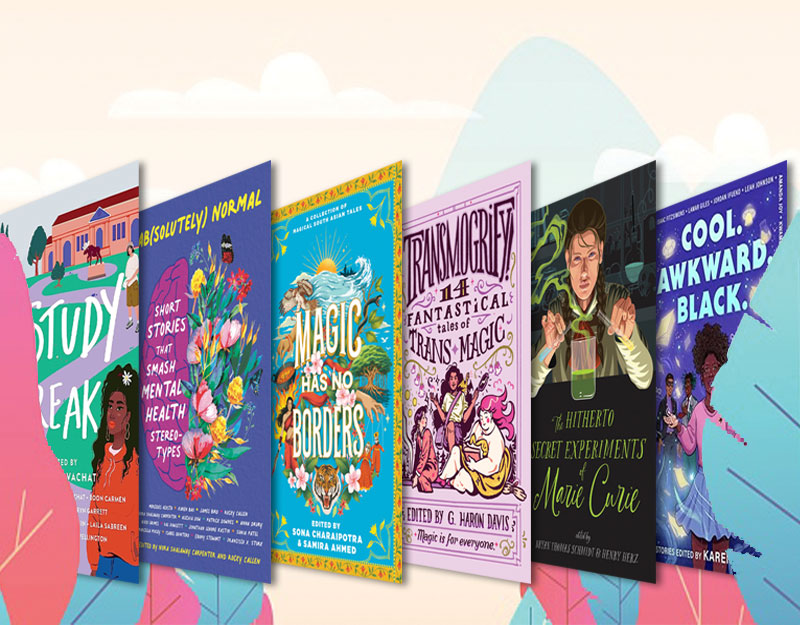
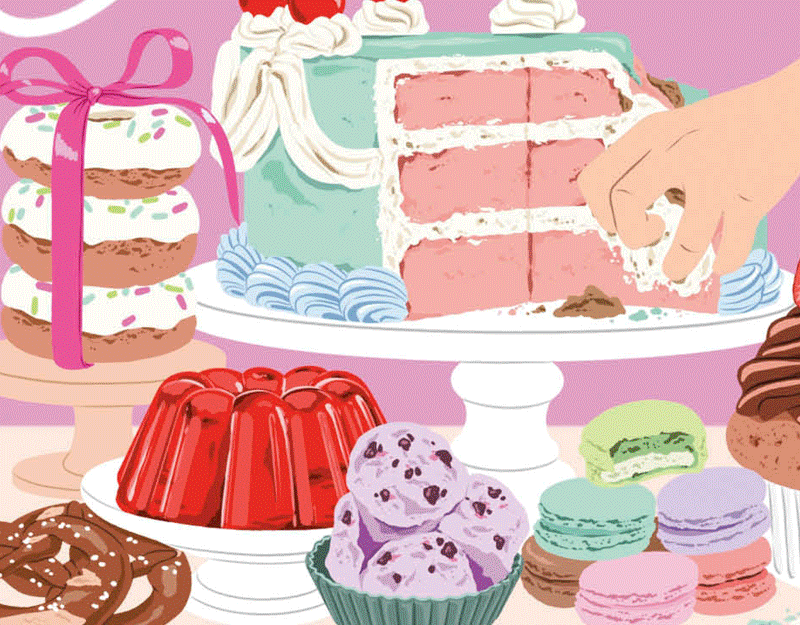
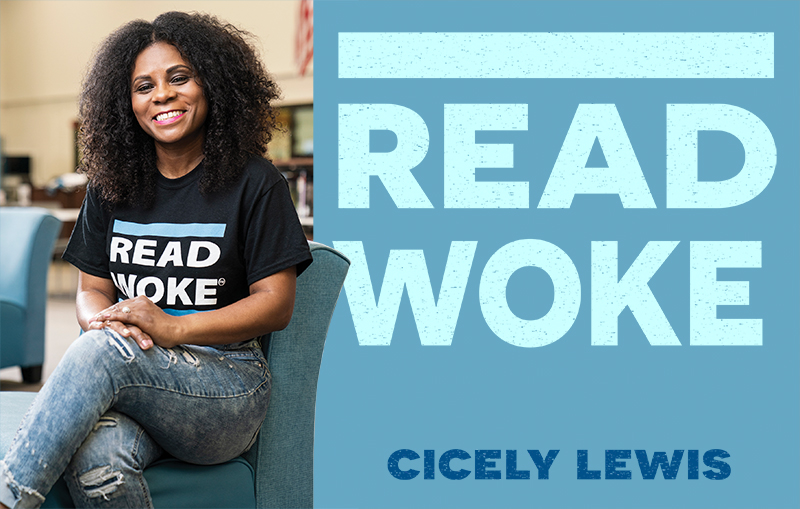
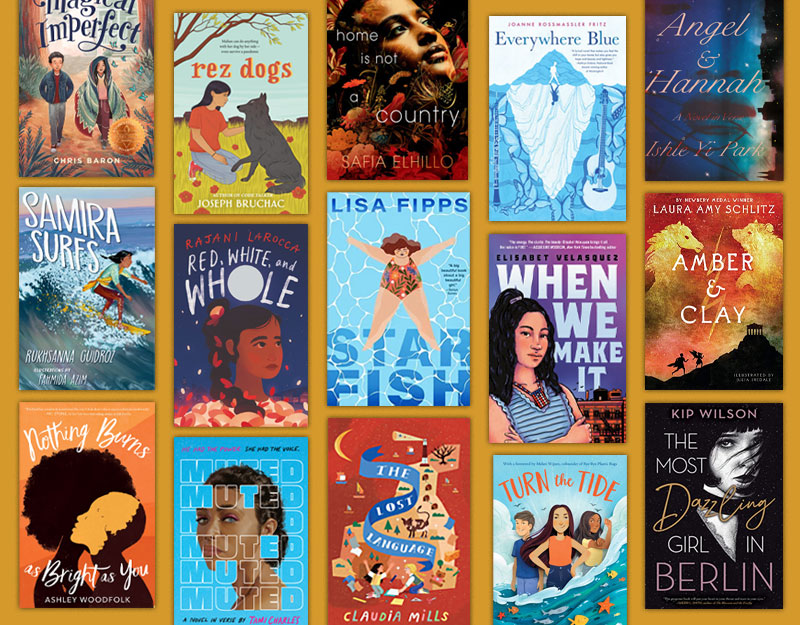
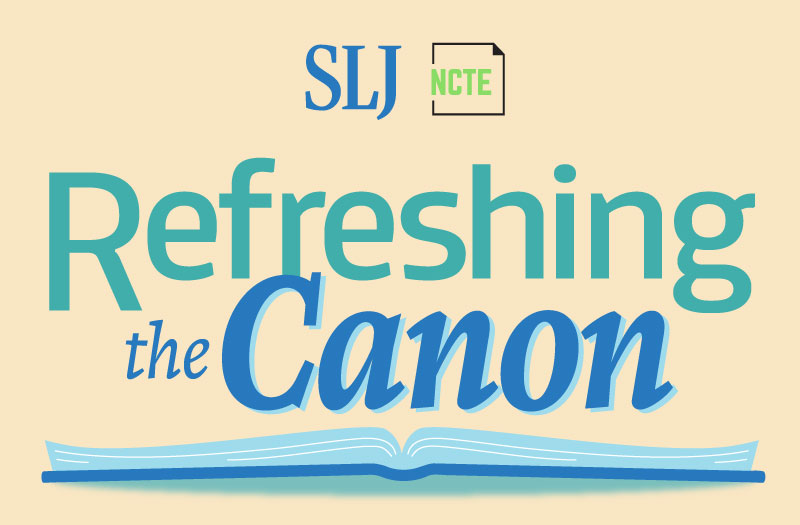
Thank you for this. Medications can be tricky and finding the right one can take time. And therapy can help a lot. And therapy isn’t interminable. Or cheap. Or always available where you live.
Therapy, like medication, sometimes does nothing though. Like a medication, a therapist can be a bad fit. Many people are noncompliant about therapeutic advice as well.
Before meds, I did therapy. And meditation. And yoga. And no caffeine. And aromatherapy. And physical therapy. I would exercise to the point of exhaustion. I avoided almost everything that upset me (quite a list). I did EVERYTHING and none of it managed to banish my anxiety. What did that was medication. Medication stopped the persistent thoughts and the stomach churning and the certainty that something bad was going to happen because I was bad and the world was bad.
I knew I needed meds when I went off them, thinking I was fixed. Then, when the symptoms came back, I had no trigger stress situations to point at for causing them, I just knew that this was something inside me that was the problem. The way my mind came out of the box was with crossed wires. I COULD live without meds, but I don’t see why I should have to suffer. I don’t see the value in suffering.
The right medications don’t “numb” you or prevent you from having feelings. I still get upset. I still get ecstatic. I just don’t have obnoxious persistent thoughts that cripple me from getting my work done.
“Crossed wires” is a great way to put it. Like you, I’ve tried a million ways to try and not be so full of anxiety, including many medications that didn’t work for me (induced vivid nightmares, made my brain feel full of bees), and now that I know how I can feel (and do feel) on the right medication, I would never go back. There’s nothing noble in suffering, despite what my teenage self felt.
I figure, there’s enough suffering in this world. There’s really nothing my own preventable suffering does for me or anyone else. And guess what? Even on meds, you still are capable of suffering and pain and loss.
There are medications like soma in BNW. They are called opiates. No one is recommending you take opiates for your mental illness, however…
Really appreciate this post. Yes, there is this common myth that medication for depression or anxiety will ‘numb’ you to your feelings or ‘dull’ creativity, but I have found the exact opposite to be true. Before I began taking medication for depression, I simply couldn’t function and certainly had no motivation to produce any creative work, much less be fully present for my family. All I could do was cry all the time. I didn’t feel things more deeply. I just felt bad all the time. I began taking medication and I still have the ability of the full range of emotions, but I’m able to function and have been able to for 8 years now. I’m incredibly more creatively active (and the furthest thing from numb!) than when I was in the pit of depression. The medicine allowed me to connect back to myself.
Yes, finding the correct medicine can be a battle and there are a lot of other considerations, but so much of this does just come down to brain chemistry, and denying ourselves access to the tools of medication for the people who genuinely need it can cause so much unnecessary suffering.
Heather, I love this: “The medicine allowed me to connect back to myself.” That’s exactly how I feel. I had forgotten what it felt like to feel like myself–my *real* self, not my anxiety’s version of myself.
Yes, so true. After I got regulated on the meds, I was like, oh my gosh, YES, this is who I can be when I’m not so out of it! It felt like a great gift to feel like ME again!
The stigma part is what kills me.
Imagine a character in a YA book is diagnosed with diabetes but refuses medication, saying “What is it with people trying to force-feed me drugs?”
That’s not an okay message.
Diabetes is an illness. Mental illness is an illness.
Medication helps. It can even save lives.
Preaching, I guess.
Preach on! It’s true–we would likely not tell people suffering other illnesses that they should figure out a way other than medication to cope. Medication exists for a reason–and thank goodness for that!
Thank you for this, Amanda. As both a sufferer of depression and ADHD, I’m tired of having to justify why I take meds. I’m tired of being told I’d be fine if I was just happier. Medications don’t work for me when it comes to my depression, but finally getting on medication for ADHD at 33 changed my life.
Thanks, Shaun, for adding your experience here. Finding the right medicine isn’t easy, but if we do land on one that works, it is truly life changing.
Finally got around to reading this post: YES, so much this.
I did think those same things about medication when I was a teenager, and as an adult I had a few bad attempts with medication that only reinforced my “nah” attitude. It was only after I became a parent and KNEW I had to fix my brain since I have small people depending on me now that I decided I had to give the meds a chance, and to keep trying with different medications and dosages until I found the right one– the one that DIDN’T give me strange side effects or numb me or make me artificially happy or any of those other problems, but instead simply made me ABLE TO FUNCTION. I identified with something you tweeted today or yesterday about somebody asking if you considered going off the meds and your resounding NO. I DID try to go off them last year– I was like, oh, I’m doing so much better, I must not need this anymore! BUT it turned out they WERE why I was doing so much better, so I think I may just keep them forever now. But isn’t it sad to be dependent on this pill for the rest of my life? Nah, it’s way sadder to live a life where I sit catatonic and crying in a corner instead of living. Being dependent on a pill is a much more pleasant option!